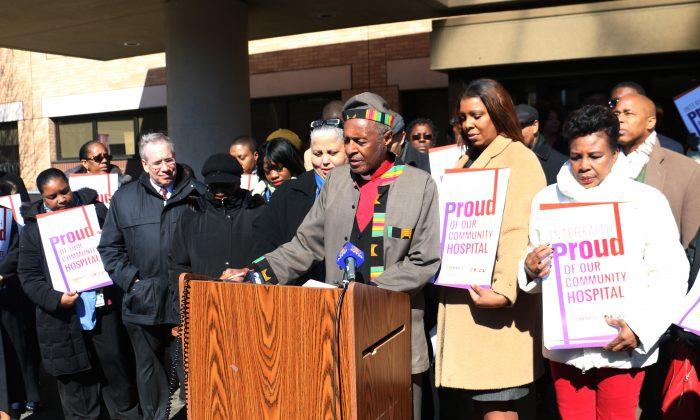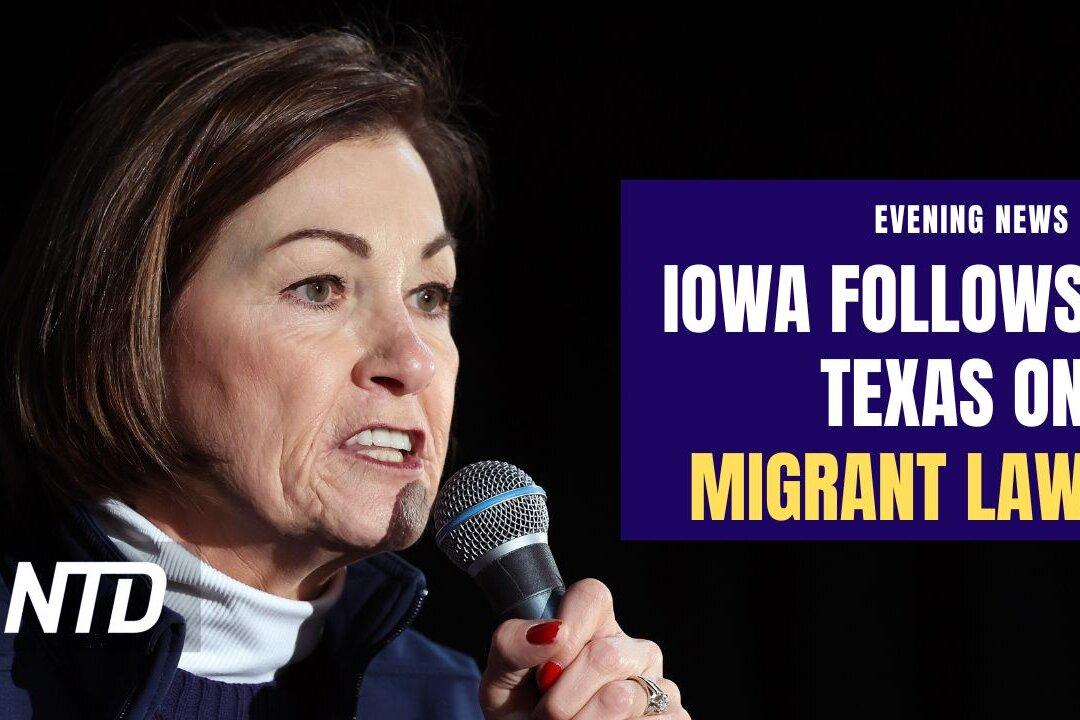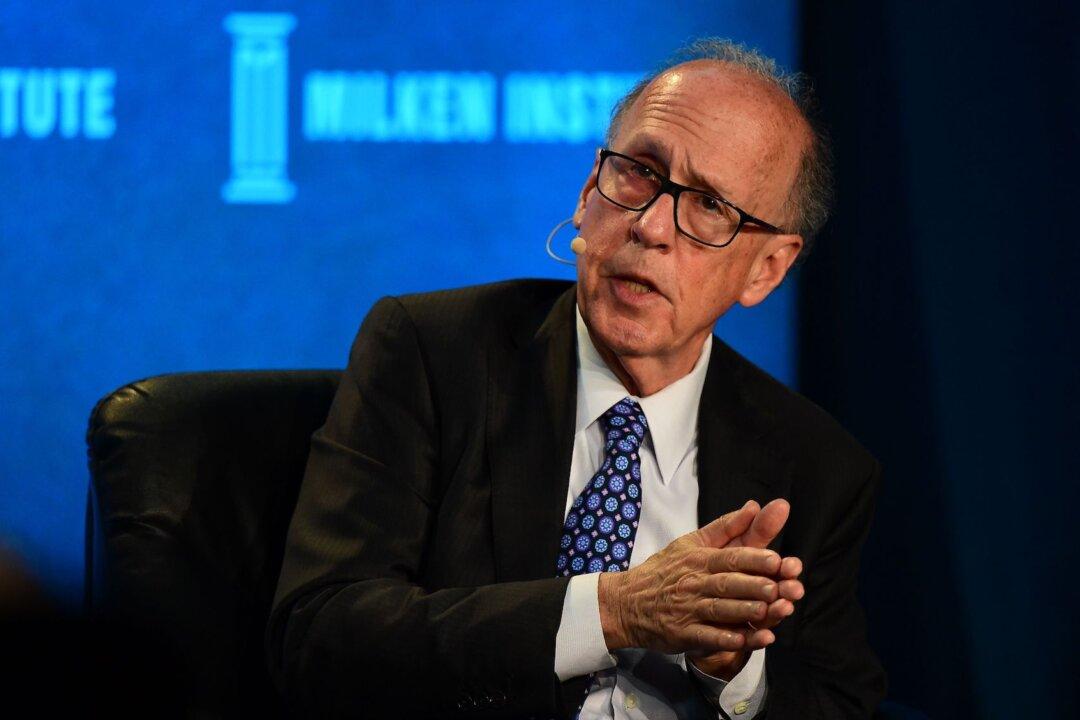NEW YORK—Interfaith Medical Center could end up as an outpatient facility as part of Gov. Cuomo’s plan to transform New York’s health care system.
On Monday, city officials and community advocates rallied in front of the Bedford-Stuyvesant institution demanding that Cuomo insist on keeping Interfaith a full service hospital.
A Request for Proposals (RPF) to operate the hospital is expected to be issued this week, and the community will have a 49 percent stake in the state’s evaluation committee.
The mayor emphasized last week that the negotiated criteria for the RPF would take into account the density and amount of medical care provided long term, which will “incentivize the biggest possible health care footprint on this site.”
“Here in Bedford-Stuyvesant, our residents suffer disproportionately higher rates of certain forms of cancer, heart disease, diabetes, respiratory illness, asthma, childhood obesity, and HIV infection. What we need in central Brooklyn, is more health care, not less,” said Congressman Hakeem Jefferies.
“We’re unified behind Interfaith Medical Center because we recognize the significant health care needs of Bedford-Stuyvesant and the central Brooklyn neighborhoods that institution serves,” she added.
In January, Cuomo said that without federal aid, institutions such as the Long Island College Hospital, Brookdale Medical Center, and Interfaith Medical Center, would likely shut down.
Interfaith filed for bankruptcy in 2012 and almost shut down three times in the past year. Fifteen hospitals closed in New York City from 2003 through 2012, according to the mayor’s office.
Caring for Patients
David Himmelstein, a professor at CUNY School of Public Health who specializes in health policy and health care financing, said that the main reason that these hospitals are failing financially is not because of poor management, but because of their patients.
“The strongest predictor of whether a hospital is going to be in financial problems is that it serves patients who are not lucrative patients, either because they are not well insured or because they need care that is not the profitable kind of care,” he said.
New York just won $8 million in federal funds to reinvest into its health care system. This money could potentially be used to bring Brooklyn hospitals teetering on the edge back to viability. Cuomo has said that he plans on allocating $1 billion of that funding to Brooklyn.
The mayor has referred to the Medicaid waiver as a “game changer” in helping the city navigate the changes in health care.
City Comptroller Scott Stringer emphasized that for Interfaith, “Only a full health hospital that meets the needs of our children and our seniors is what this community has demanded.”
He added that once the existing infrastructure is dismantled, it will be much more difficult and expensive to bring it back.
“Unfortunately, a lot of what’s not profitable is what’s needed in the health care system, said Himmelstein.
“If you take care of a lot of mentally ill patients, that’s unprofitable—but that may be what’s needed the most.
“What we’ve got is we’ve got a system that puts the resources where the rich people are.”





Friends Read Free